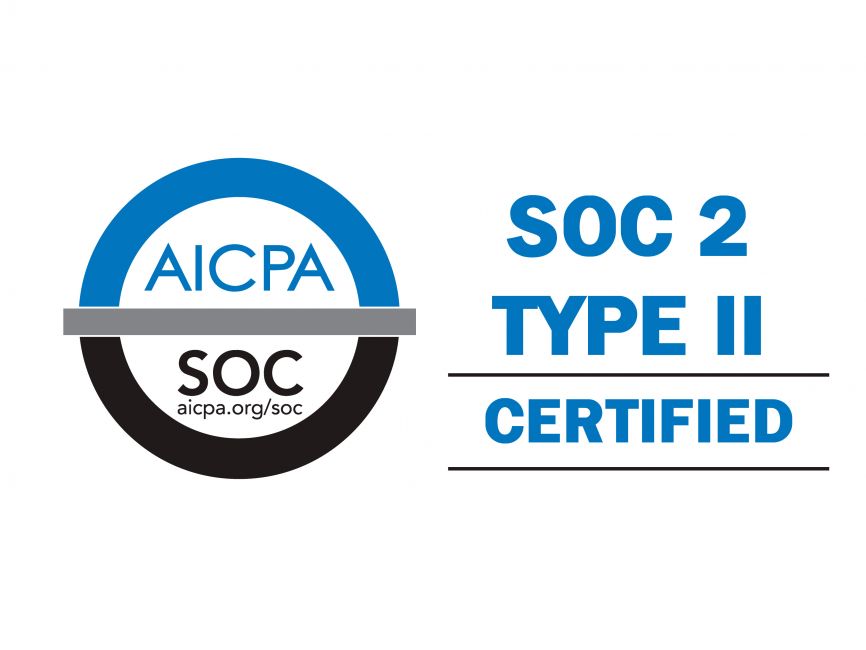As we step into a new year, it’s essential to be mindful of the changes that may affect our lives, and one significant aspect is the intersection of the Affordable Care Act (ACA) and tax filing. The Affordable Care Act has been a transformative piece of legislation since its enactment in 2010. Let’s explore how the ACA may impact your tax filing in the coming year.
The Affordable Care Act was designed to make healthcare more accessible and affordable for millions. One key component of the ACA is the individual mandate, which requires most Americans to have health insurance or face a penalty when filing taxes. However, it’s important to note that the penalty for not having health insurance was reduced to $0 starting in 2019, thanks to the Tax Cuts and Jobs Act. This means that while the individual mandate technically still exists, there is no longer a financial penalty for those who choose not to have health insurance.
Although the penalty has been eliminated, the ACA continues influencing tax filing through the Premium Tax Credit (PTC). The PTC is designed to help individuals and families with low to moderate incomes afford health insurance coverage through the Health Insurance Marketplace. If you purchase a plan through the Marketplace, you may be eligible for the PTC, which can significantly reduce out-of-pocket healthcare costs.
To claim the Premium Tax Credit, you must file a federal income tax return and complete Form 8962, Premium Tax Credit. This form reconciles the advance premium tax credits you received during the year with the amount you qualify for based on your income and family size. It’s crucial to accurately complete this form to avoid discrepancies impacting your tax refund or liability.
Additionally, the ACA has changed how some employers report health insurance coverage on tax forms. Employers are required to report the cost of employer-sponsored health coverage on your W-2 form. While this information does not impact your taxable income, it provides transparency about the value of your health insurance coverage.
As you embark on the journey of tax filing for the new year, consider the role of the Affordable Care Act in shaping your financial responsibilities. Take the time to review your health insurance coverage, ensuring that it meets the requirements set forth by the ACA. If you purchased insurance through the Health Insurance Marketplace, be prepared to navigate the Premium Tax Credit process to optimize your tax benefits.
In conclusion, the new year brings a fresh start and an opportunity to understand how legislative changes, such as the Affordable Care Act, may affect your financial landscape. Stay informed, review your health insurance coverage, and approach tax filing confidently, knowing that you can navigate the intersection of healthcare and taxes in the coming year.

